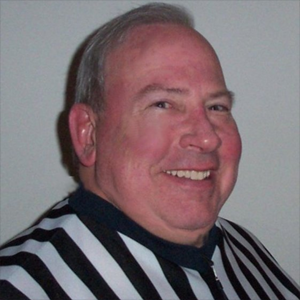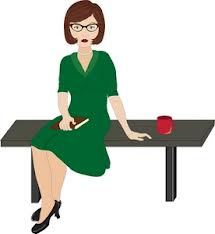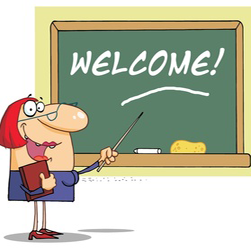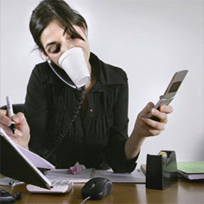
Rndballref
20 Years Experience
Chicago, IL
Male, 60
For twenty years I officiated high school, AAU and park district basketball games, retiring recently. For a few officiating is the focus of their occupation, while for most working as an umpire or basketball referee is an avocation. I started ref'ing to earn beer money during college, but it became a great way to stay connected to the best sports game in the universe. As a spinoff, I wrote a sports-thriller novel loosely based on my referee experiences titled, Advantage Disadvantage
If the ball is being pushed in opposite directions by two opponents, as in an attempted shot never leaving the shooter's hand but being blocked by a defender it is a held (jump) ball. If the ball is knocked loose by a defender out of the shooter's hand and the shooter recovers the ball then no call. If the defender marginally touches the ball and the shooter maintains continuous posession and lands back on the floor then it is travelling.
I try not to, but it happens. If a player challenges me I won't back down even in a big game. Being perceived as a punk player can only work to your detriment.
A foul committed after the ball is "dead" is ignored by rule book unless it is flagrant or intentional. The official must determine which happened first, the time out request or the foul. If the foul was committed first, they should report the foul and then the official should ask the coach if they still want the time out or not. If the time out was granted first, and the foul was neither intentional or flagrant then the foul is ignored. If the foul during a dead ball is intentional or flagrant it is a technical foul.
Let me guess ... you were sarcastically clapping at the ref's call that fouled you out? Sounds like a thin-skinned official!
In NFHS rules a disqualified player must remain on the bench or be sent to the lockerroom with supervision. So, while on the bench it is possible to receive a T. Not only is the player assessed with a T, but the coach is assessed with an indirect T.
Inner City English Teacher
 What was the saddest student journal entry you've read?
What was the saddest student journal entry you've read?
Professor
 How do you prevent cheating and plagiarism these days?
How do you prevent cheating and plagiarism these days?
Hollywood Executive Assistant
 Are Hollywood execs as nightmarish as depicted on TV?
Are Hollywood execs as nightmarish as depicted on TV?
Technically a coach is not allowed on the court and the penalty is a technical foul. But here is where experience matters. If a coach breached inbounds but was not inyerferring with the play he should be gently directed back to the bench. If he is in the way of a play or a ref then a T should be called. Even on a time out I would not let a coach come onto the court - instead I would walk back to the bench and the coach always follows. A coach puposely charging a ref on a court is the coach's way of showing up a ref and should noy be tolerated - but does not have to be a T.
The clock should be started when the ball is touched by an in-bounds player. If the ball is thrown out of bounds without being touched, the clock should not have been started. In your scenario, the clock should be reset to the exact time before the throw-in and the ball should be awarded to the other team for a new throw-in.
Unless the mechanic changed this year, the lead official is never to bounce to the player on a throw in with one exceptionL if the ball goes out of bounds on the sideline very close to the endline (baseline), the the lead can bounce the ball for a throw in close to the endline. If however the ball will be put in play on the endline, the lead should always hand the ball to the thrower. I know in the NBA they bounce the ball for an endline throw-in in the backcourt, but not in high school ball (except by lazy officials).
-OR-
 Login with Facebook
Login with Facebook (max 20 characters - letters, numbers, and underscores only. Note that your username is private, and you have the option to choose an alias when asking questions or hosting a Q&A.)
(A valid e-mail address is required. Your e-mail will not be shared with anyone.)
(min 5 characters)
By checking this box, you acknowledge that you have read and agree to Jobstr.com’s Terms and Privacy Policy.
-OR-
 Register with Facebook
Register with Facebook(Don't worry: you'll be able to choose an alias when asking questions or hosting a Q&A.)